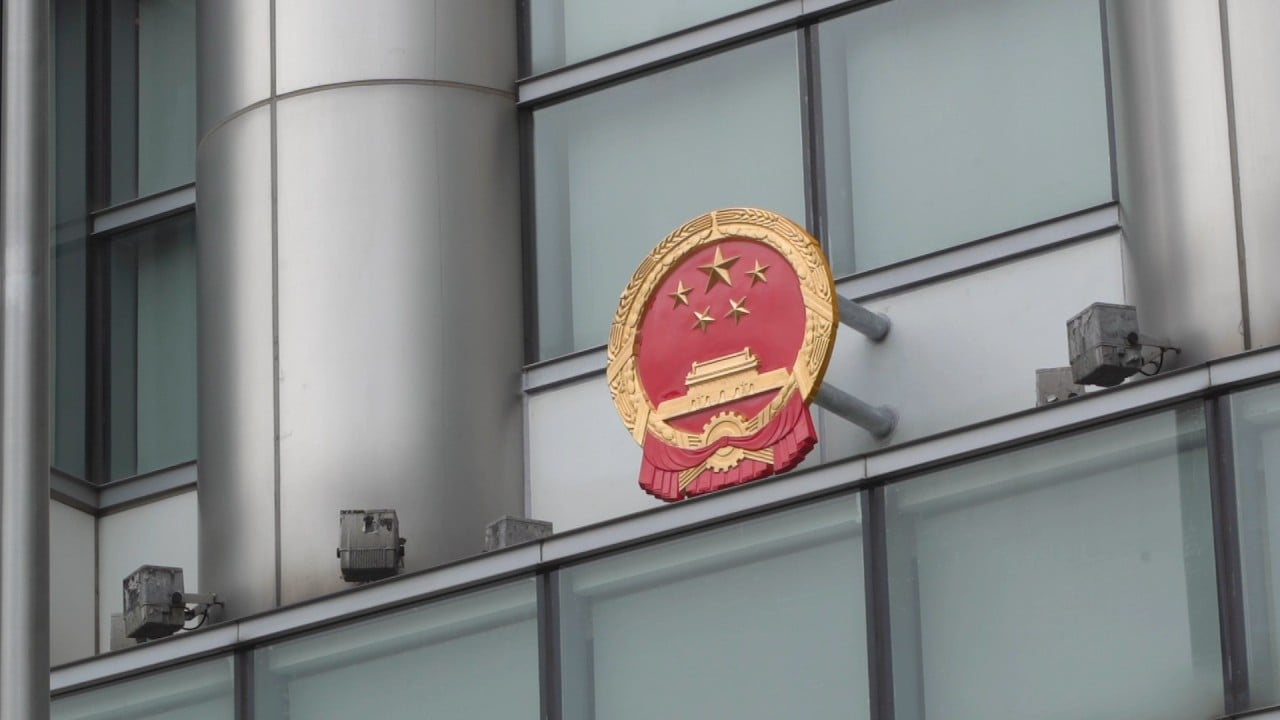
Why Hong Kong national security law won’t spark a third wave of migration to Canada
- Except for a very small number, most Chinese Canadians couldn’t care less about the new law – some even think it’s a good thing
- Hongkongers who hope to rally support from Canada’s people and government, or expect a warm welcome should they decide to leave, will be disappointed
How do Chinese Canadians see this? Except for some Hongkongers protesting in Vancouver and Toronto, most Chinese Canadians could not care less. Some even think enacting the new law is for the best. Hong Kong people who want to win overseas Chinese support should accept this reality.
There were two waves of migration from Hong Kong to Canada, first in the 1960s. Back then, Hongkongers were mostly refugees from the mainland who felt no sense of belonging towards the British colony. Some of them migrated to Canada to seek a better life.
In the 1980s, some of these immigrants moved back to Hong Kong – just in time for the golden age of Hong Kong’s economic development. Among those who stayed in Canada, some feel bitter for missing out, so they are pleased to see Hong Kong being oppressed by Beijing.
A significant number of the first-wave immigrants failed to really immerse themselves in the Canadian community. Hence, they feel discriminated against and bullied as second-class citizens. Now, with the rise of China, they feel proud of being Chinese. They have largely benefited from their improved status in Canada. Many think the anti-government protesters and supporters of localist causes in Hong Kong should be punished.

02:19
Hong Kong national security law leaves ‘Lennon Walls’ in restaurants blank, protest posters out
The second tide of migration happened in the late 1980s and early 1990s. Particularly after the crackdown on pro-democracy protesters on June 4, 1989, many left Hong Kong because of their fear of communist China.
But not many have stayed on permanently. More than 300,000 of them have returned to Hong Kong for good after becoming Canadian citizens. Most are middle class, professionals or wealthy businesspeople. They believe they have better career paths in Hong Kong, and get paid well. They would not leave Hong Kong unless the economy collapsed.
As for the older generation in Hong Kong, they are used to having their day-to-day domestic life being taken care of by helpers. It is a privileged life and they would not give it up easily. The national security law is not likely to change their minds.
Why don’t Hong Kong Canadians just say they are Chinese?
Those who expect a third wave of migration that would boost Canada’s economy and property market are being overly optimistic.
Canada is believed to be considering loosening its migration policy for Hong Kong people. However, patriotic Chinese Canadians are worried that the newcomers could hurt their interests, so they do not welcome Hong Kong people seeking refuge in Canada.
Hong Kong immigrants aside, mainland Chinese who have emigrated to Canada are against the pro-democracy movement in Hong Kong. They are heavily influenced by the pro-Beijing media, which in turn is influenced by the Chinese embassy. It is no surprise that they support the national security law, even though their families moved to Canada to escape the Communist Party.

02:45
Hong Kong hotel becomes home to Beijing’s new national security office in the city
Though criticised for being weak, Prime Minister Justin Trudeau has not bowed to Chinese pressure. However, the business community and other prominent leaders, including former prime minister Jean Chrétien from the Liberal Party, advocate an end to the “hostage diplomacy” so as to ease tensions.
Whether Ottawa opens its door wider to would-be immigrants from Hong Kong, the people need to remain strong. And when seeking international support, they should keep a clear head and know when to push and when to stop. Having false hopes will only lead to disappointment.
Albert Cheng King-hon is a political commentator

